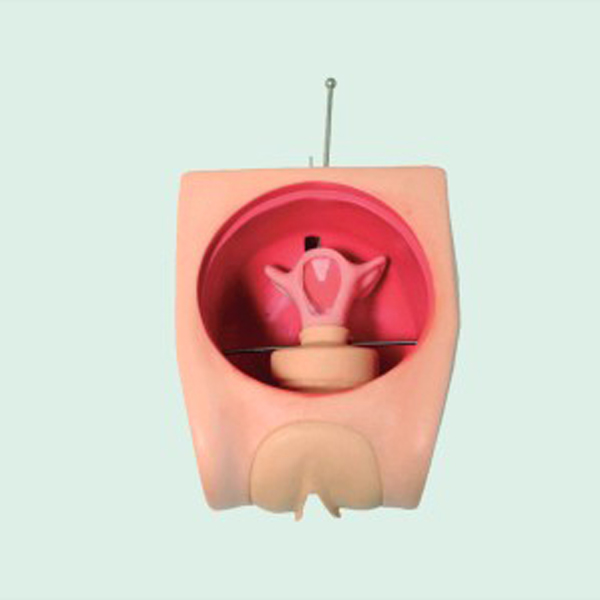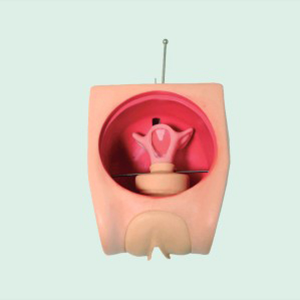Female contraception refers to a series of methods or measures to avoid or reduce the risk of pregnancy. There are many types of contraceptive methods, including medication, condoms, intrauterine devices, etc.
Medicinal contraception is one of the most commonly used contraceptive methods, including short-acting contraceptive pills, emergency contraceptive pills, long-acting contraceptive pills, etc. However, long-term use of birth control pills may cause endocrine disorders, which is not good for women's health, so frequent use should be avoided. In addition, the side effects and contraceptive effects of contraceptive pills will vary depending on individual differences, and they need to be used under the guidance of a doctor.
Condom contraception is a simple, safe and reliable contraceptive method that prevents male semen from entering the female vagina, thereby preventing sperm from combining with eggs. However, when using condoms, you need to pay attention to the correct usage methods and precautions, such as checking whether the condom is intact and within the validity period.
The intrauterine device is a long-term effective contraceptive method that can be left in place for many years and has a good contraceptive effect. However, inserting an intrauterine device requires surgical operation, which has certain risks and side effects. The choice needs to be made under the guidance of a doctor.
In addition to the above contraceptive methods, there are other contraceptive methods, such as safe period contraception, in vitro ejaculation contraception, etc. However, the contraceptive effect of these methods is not reliable and is easily affected by various factors, so they are not recommended contraceptive methods.
In short, female contraception is a very important issue and it is necessary to choose the appropriate contraceptive method according to individual circumstances. No matter which contraceptive method you choose, it needs to be carried out under the guidance of a doctor, and it needs to be checked and adjusted regularly to ensure the effectiveness and safety of the contraceptive effect. At the same time, women should also pay attention to their reproductive health and maintain good living habits and health status to better protect their bodies.
The advanced family planning education model BIX-FT33B is an educational model designed for specific regions or groups and aims to improve people's understanding and participation in family planning policies.


